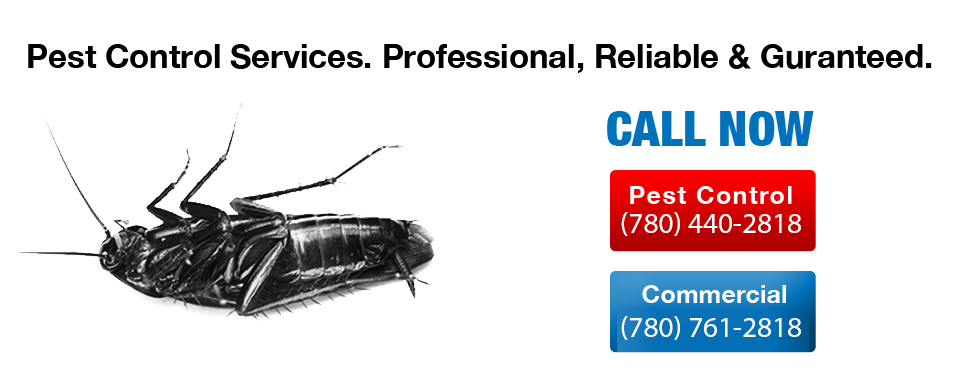Raccoons are medium sized mammals, ranging from 10 to 30 pounds, and are found throughout the United States, Mexico, and southern Canada. Though they generally inhabit woodland areas, raccoons are highly adaptable and can easily thrive in urban areas. Raccoons will venture into neighborhoods, attracted by easy access to food, such as open trash cans, pet feed, and bird feeders.
Once a raccoon finds a stable source of food, it may begin looking for shelter nearby. Raccoons are commonly found entering basements, attics, and crawl spaces of homes. But why do raccoons break into attics? Most attics are unfinished and have multiple entry points, such as vents, dormers, and eaves. A raccoon can easily squeeze through openings as narrow as four inches (any space larger than its head), so even a small gap can provide access to an attic. Attics also remain undisturbed for long periods of time, providing a safe quiet place to call home.
During the spring and summer months, female raccoons will search for a safe nesting area to raise their young. Generally, females give birth to a litter of two to five cubs, and the family will stay close to the nest until the babies are weaned (about 16 weeks). During this time, raccoons can do extensive damage to a property as the exit each night to forage, and then return to the nest.
Raccoons can gnaw and tear away exterior siding and wood to gain better entry into attic spaces. They can damage air ducts and insulation as they build their next. Raccoons will also chew on wiring, which can cause fire hazards. Most importantly, raccoons are a public health hazard, as they can transmit numerous diseases to humans and pets, such as rabies, roundworm, and Giardia.
To prevent raccoons from breaking into your attic, take a survey of your home to identify potential entry points. Trees with overhanging limbs will allow easy access to the roof. Secure pet doors at night and keep trash can lids tightly closed. Check attics for entry points and seal any holes. If you have raccoons in your attic, call a professional exterminator for assistance.
